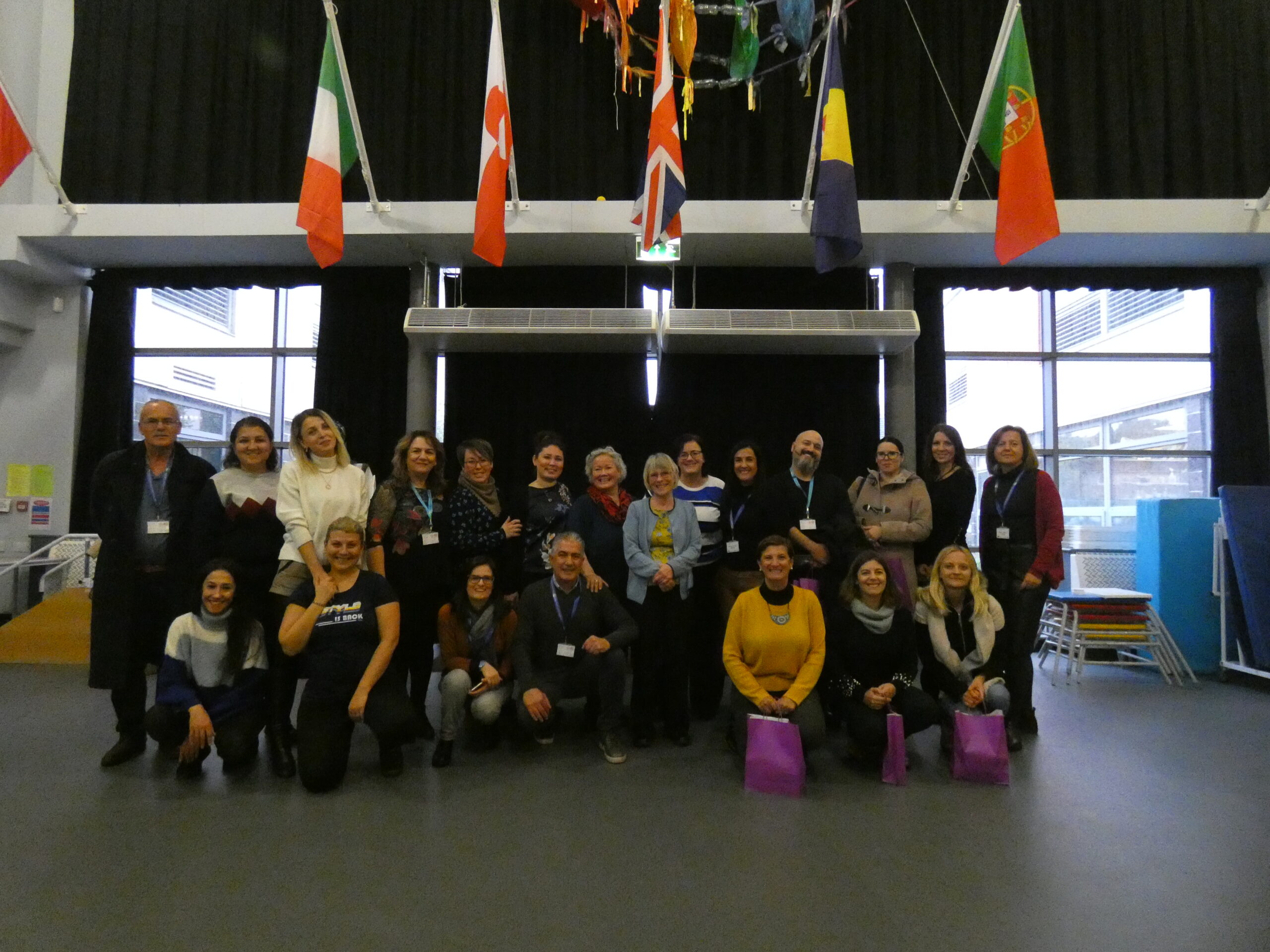Latest News:
Ready, Steady, Change
Ranked as one of the main causes of ill health around the globe, mental illness is a widespread challenge. It is fast becoming the responsibility of educational institutes to promote a range of whole school approaches and activities to support Mental Health & Wellbeing (MH&W). 800,000 people commit suicide each year globally (WHO) and is the main cause of death for 10–19yrs in the EU. Suicide affects families, communities with long-lasting effects on those left behind. The WHO Dept Mental Health states extreme stressors (disasters, terrorism, war displacement etc.) create additional risks for mental health and social problems. Stressors occur among all ages and can be caused by a combination of biological, psychological & environmental factors, including trauma/abuse. These include Adverse Childhood Experiences and common day to day stress from work, exams, social media, bullying, money, illness, bereavement etc. Pupils from low income families are at high risk of developing mental illness and are 2 x likely to leave school without qualifications and 20 x more likely to end up in prison. Yet most young people get no support for mental disorders. Mental health affects how we think, feel, and act. It determines how we handle stress, relate to others & make choices. It is important at every stage of life, from childhood thru adulthood.
In WHO European studies, 27% of adults experienced ≥1 mental disorder last year and 75% people suffering from major depression get inadequate treatment. In 2015, the OECD stated overall costs linked to mental ill-health in 28 EU nations are ≥ 4% of GDP ≈£94 bil. with half linked to absence from work. We will research if each school’s environment, location and local facilities affect mental health more than others and compare national strategy initiatives and adopt feasible changes to our schools. We will change attitudes about mental health issues, improve all participants’ general health & wellbeing and raise positive mental health for all involved. We want measurable reductions in anxiety/stress related staff absence, negative behaviour and cyberbullying incidents. We will build whole school environments and develop consistent approaches that positively promote mental health & wellbeing and increase emotional resilience.


There will be 2000 participants including all staff, students (including SEN/disadvantaged), parents & local communities of each school. Staff will develop personally & professionally including working virtually, which will Increase pupil engagement to combat early school leaving. In recognising and addressing SEMH issues we will support participants from all backgrounds and conditions thus promoting cultural diversity and reducing discrimination. Creating a culture of wellbeing through innovative curriculum development and training will also engage parents & other institutions. The planned activities will follow a framework although flexibility on approach and content is key for creativity and innovation. By introducing a variety of curriculum/ extracurricular activities (relaxation techniques/ meditations/ art or music therapy/ exercise etc) ensures all staff & students benefit regularly. Monthly challenges e.g. no alcohol/ time in nature/ veg diet/ be grateful/ exercise/ drink more water/ no computer ≥7pm will support making small low cost/ cost-free lifestyle changes for improved health & wellbeing. Weekly mindfulness thoughts & affirmations will be displayed within school environments and courses will be facilitated on mental health awareness, managing social media accounts, natural remedies, healthy minds, eating healthy, positive thinking, healthy work life balance etc.
Training on brain development and neuroscience will help staff to understand and recognise the physiological changes when stressed to raise self awareness. SEN and associated MH issues will be considered closely as to whether there are any commonalities between successful strategies for different conditions. Researching & evaluating different, related digital apps will create a guide for users to have instant access to relevant support on mobile devices. Apps and the use of Web 2.0 tools for polls, surveys and presentations should increase engagement in today’s digital world. #
All results will be shared on eTwinning & Erasmus+ platforms. Cultural and collaborative exchanges foster positive changes and unrivalled experiences. Individuals will learn new techniques and strategies to cope with daily pressures. Everyone will respond differently but each person should discover something that better supports them, recognise when they are affected and act with confidence. Improving general health, will positively affect mental health and allow people to better cope with the stresses of life, work productively and contribute meaningfully. This will ultimately ease burdens on health services, the local economy and lower staff absence in the classroom giving consistency for learning.
CONTACT US
Pendle Community High School & College
Pendle Vale Campus, Oxford Road, Nelson, Lancashire, BB9 8LF
Tel: 01282 682260
Headteacher: Debra Grogan
Chair of Governors: Trevor Ashton (Address c/o above)
Receptionist: Sophie McCamon
E-mail: smccamon@pchs.lancs.sch.uk
SENDCO: Stephanie Curtis
Email: scurtis@pchs.lancs.sch.uk
CONNECT WITH US
Paper copies of the information on our website can be requested via email.

